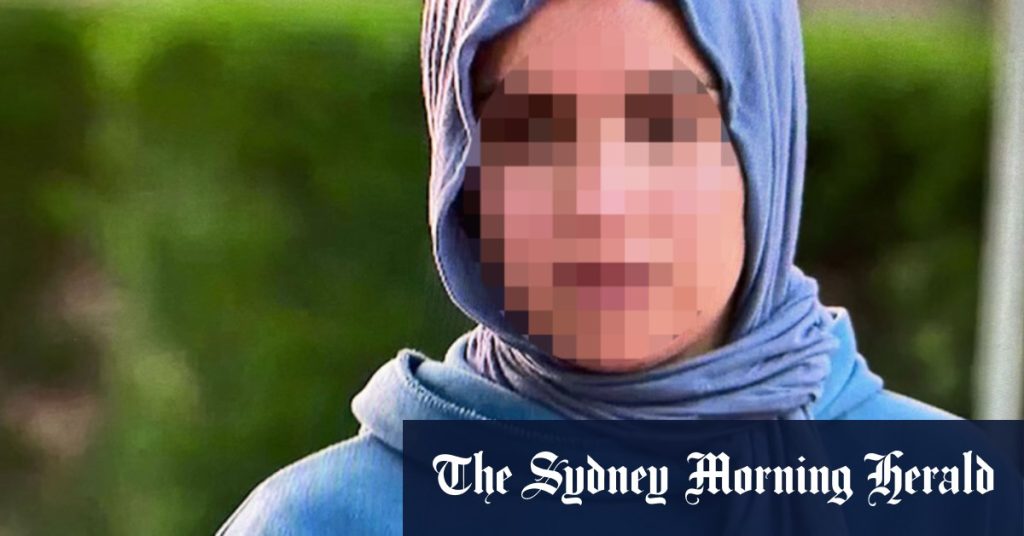A heartbreaking incident occurred at Joondalup Health Campus, where a mother, Rawan Al Hulow, left the hospital without her baby after he was stillborn. The hospital issued a statement saying that Al Hulow had been monitored four hours after the induction, which was in line with protocols for labor induction. However, Al Hulow claims that her waters broke earlier than reported, and she did not receive all the items typically provided to parents in such situations. The hospital also stated that Amir’s body needed to be transferred for a post-mortem, which conflicted with the family’s Islamic customs regarding burial timing.
Criticism of the hospital’s handling of the situation has led to calls for a state inquiry from opposition health spokeswoman Libby Mettam. She believes that the Health Minister directing the hospital to meet with the parents is insufficient and that a thorough investigation is necessary to address the family’s concerns about their child’s death. Minister Sanderson emphasized the importance of allowing the family to express their concerns during the meeting with the hospital as a first step in addressing the situation. The grieving parents should not have to resort to publicly calling out the hospital or the minister to ensure a proper investigation.
The hospital’s spokesperson defended their actions, stating that staff followed all usual processes in providing a memory package for Amir, including taking photographs and handprints. They explained that the timing of observations and procedures for induction of labor were in accordance with established protocols and guidelines used in other hospitals. However, the discrepancy between the hospital’s account and Al Hulow’s version of events remains a point of contention. The family’s distress over the loss of their child and the circumstances surrounding his death are evident, and their concerns must be addressed with sensitivity and understanding.
The tragic situation highlights the importance of clear communication, compassionate care, and sensitivity to cultural and religious customs in healthcare settings. Cultural competency training for healthcare providers may help prevent misunderstandings and ensure that patients and families receive appropriate support during difficult times. In this case, the hospital’s response to the family’s grief and their adherence to protocols have been called into question, underscoring the need for transparency, accountability, and empathy in healthcare practice. The family’s experience serves as a reminder of the profound impact that healthcare professionals can have on patients and their families during times of loss and vulnerability.
As the community reacts to this devastating event, there is a growing call for accountability and transparency from the hospital and government officials. The handling of such sensitive situations must prioritize the well-being and dignity of patients and their loved ones, particularly when dealing with issues as heart-wrenching as the death of a child. It is crucial for hospitals and healthcare providers to reflect on their practices and policies to ensure that they are responsive to the needs and expectations of diverse patient populations. By acknowledging and addressing the concerns raised by families like Al Hulow’s, healthcare institutions can demonstrate their commitment to patient-centered care and compassionate support for those facing unimaginable loss and grief. In the aftermath of this tragedy, there is an opportunity for reflection, learning, and improvement to prevent similar incidents in the future and to provide better care for all patients and families in times of crisis.


